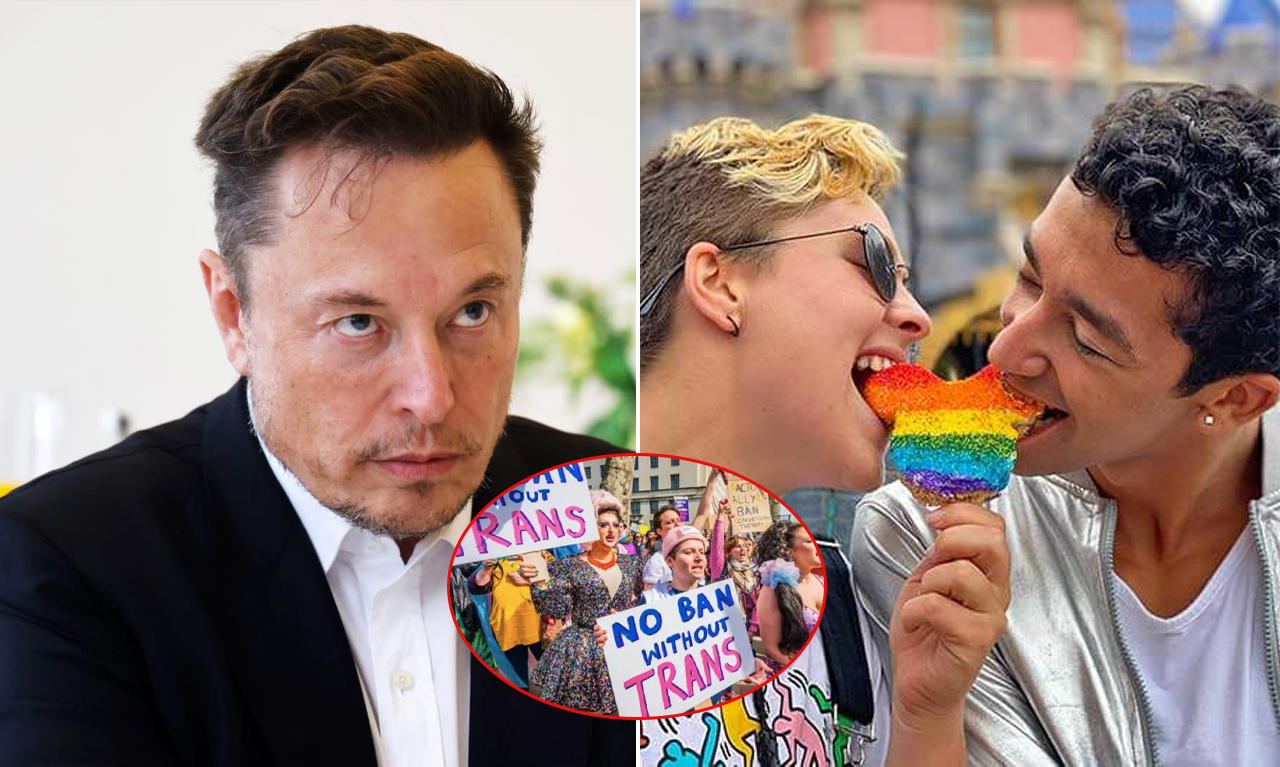The Broader Implications of Musk’s Decision
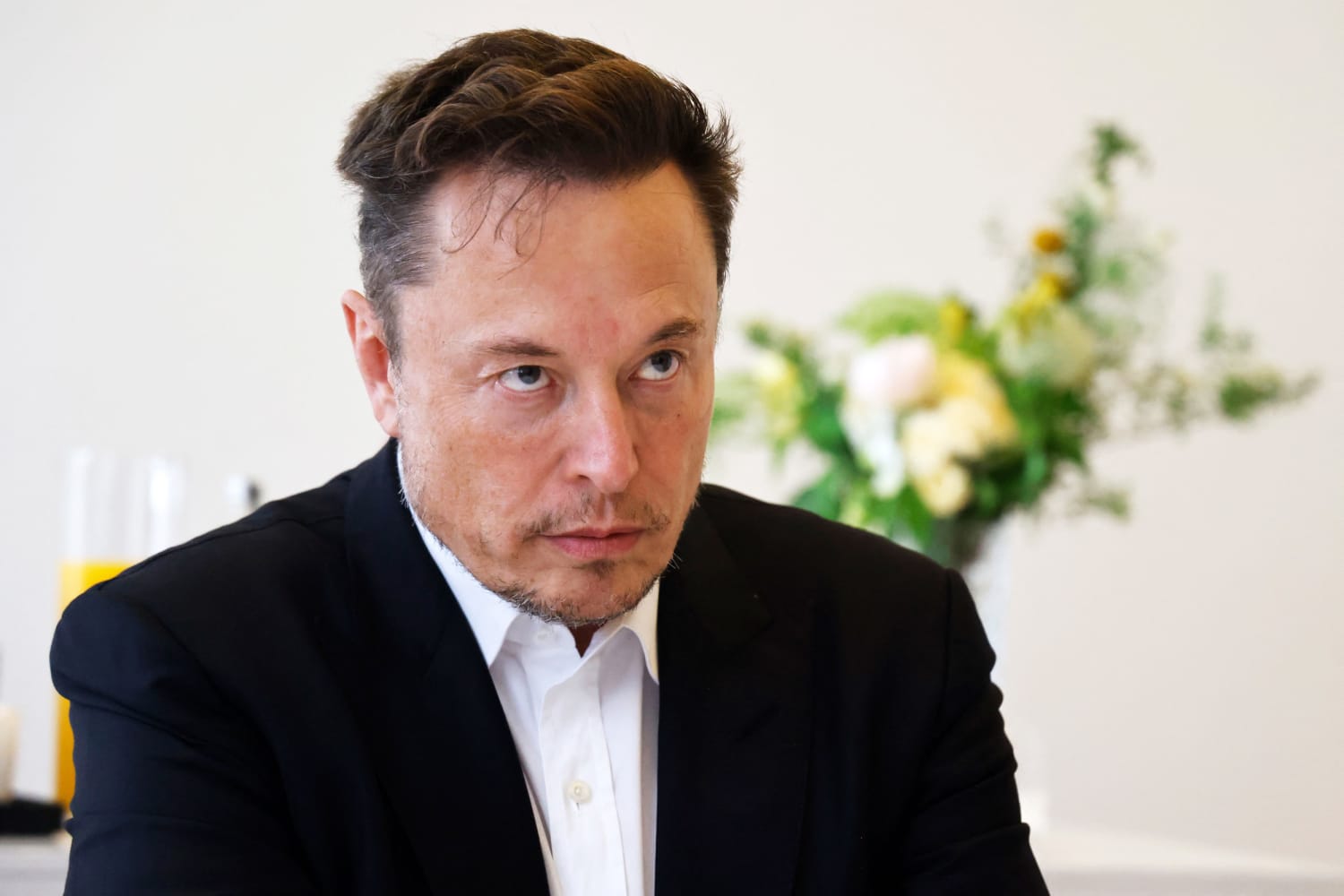
Musk’s decision to block Disney’s Pride content on X has also sparked debates beyond the realms of corporate responsibility and free speech. It highlights the growing polarization in society over how companies and public figures address social and cultural issues. While Musk’s stance aligns with individuals advocating for traditional family values, it has also intensified criticism from LGBTQ+ activists and their allies, who view the move as a setback for representation and inclusion.
This controversy sheds light on a recurring issue: the influence of powerful figures like Musk on shaping public discourse. As the CEO of X, Musk’s actions directly impact the visibility of content shared on one of the world’s largest social media platforms. Critics argue that his decision to limit Disney’s Pride campaigns contradicts the principles of free speech Musk often champions. They question whether personal biases are guiding content moderation decisions, potentially setting a precedent for other tech leaders to follow.
Backlash from the LGBTQ+ Community

Musk’s actions have not gone unnoticed by the LGBTQ+ community, many of whom have voiced their outrage over the perceived censorship of Pride-related content. Prominent LGBTQ+ organizations have criticized Musk for promoting a narrative that diminishes the importance of visibility and acceptance. Advocacy groups argue that removing or limiting Pride content on platforms like X only reinforces the stigma and marginalization faced by LGBTQ+ individuals, particularly younger audiences seeking representation in mainstream media.
The backlash has extended to high-profile celebrities and influencers, some of whom have publicly denounced Musk’s actions. Using their platforms, they have encouraged their followers to boycott X and its advertisers until the company clarifies its position on inclusivity and censorship. The controversy has even led some to question the long-term viability of X as a space for diverse voices and perspectives.
Disney’s Quiet but Firm Response
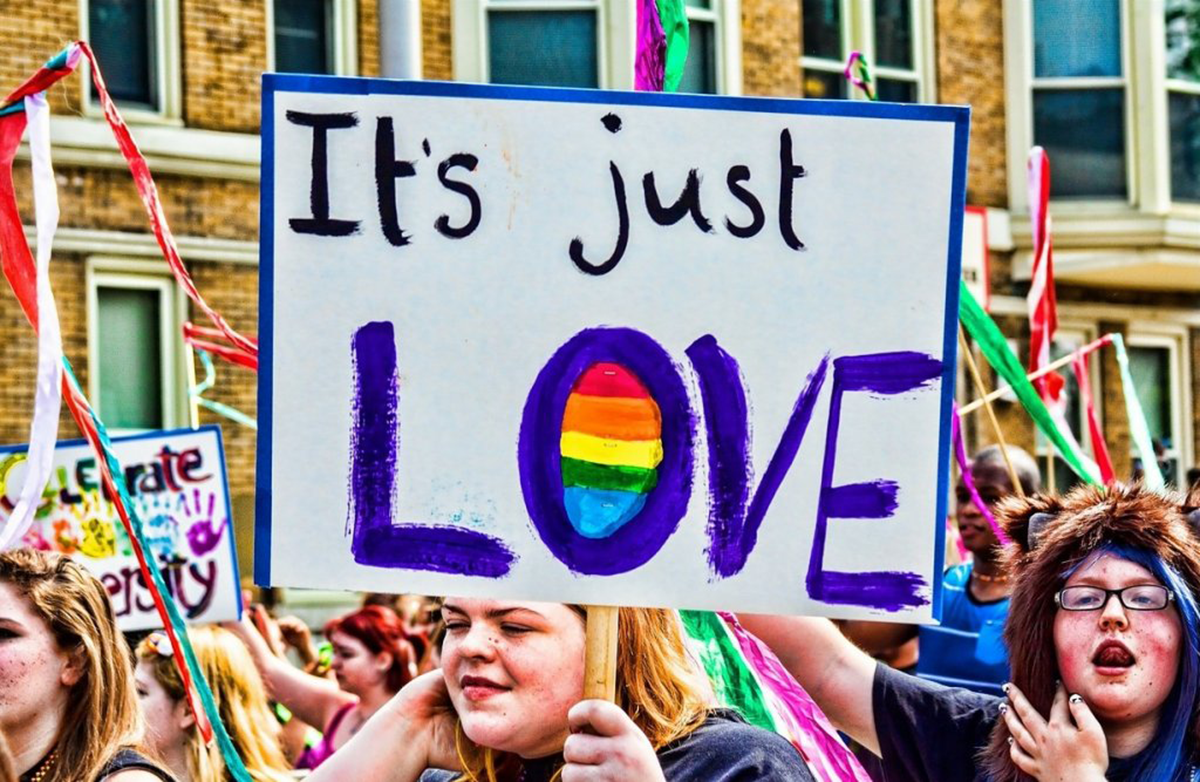
While Disney has yet to directly address Musk’s actions, insiders suggest the company is standing by its commitment to inclusivity. Rather than engaging in a public feud, Disney appears to be doubling down on its Pride campaigns, using its other channels to ensure the message of acceptance reaches its audience. The company’s actions may reflect a broader strategy to maintain its progressive values while avoiding direct confrontation with Musk, whose influence and platform could escalate the issue further.
Disney’s stance is clear: it views inclusivity as a core value and an essential component of its brand identity. This approach may resonate with younger generations who prioritize diversity and representation in the media they consume. However, it remains to be seen whether Disney will take any formal action against Musk’s decision or continue to quietly push forward with its campaigns.
A Reflection of Broader Cultural Divides
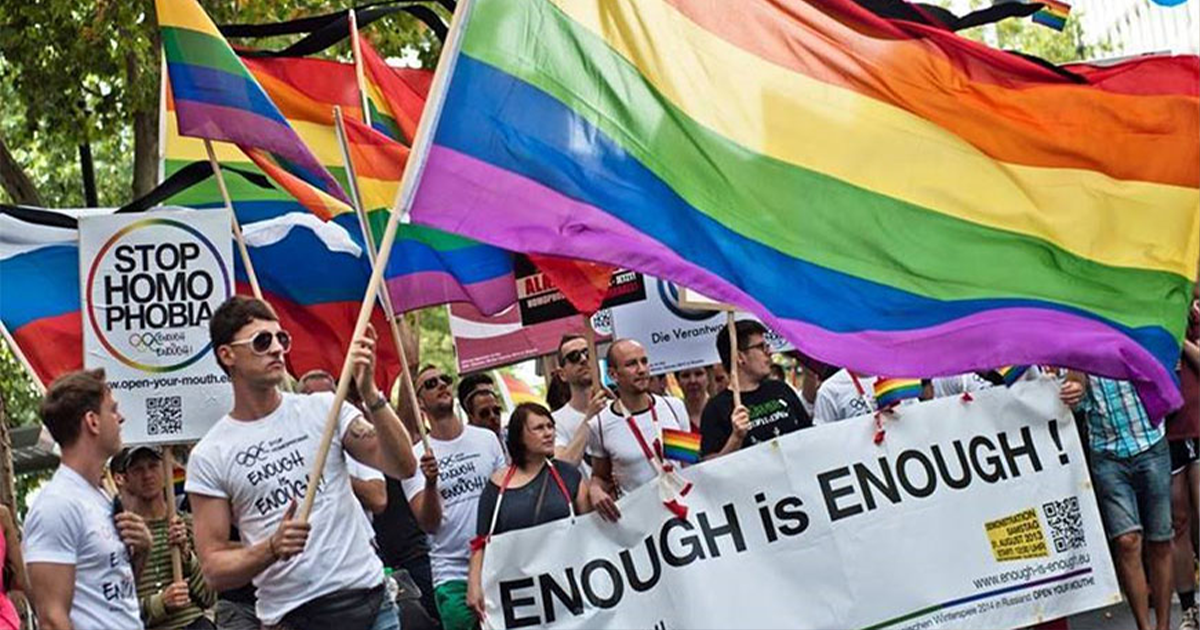
Musk’s criticism of Disney’s Pride content and the resulting fallout reflect a deeper cultural divide in the United States and beyond. On one side are those who see diversity and inclusion as integral to a modern, empathetic society. On the other are individuals who feel these efforts have gone too far, framing them as political overreach.
For many, this debate is about more than just children’s media. It touches on fundamental questions about the role of corporations in shaping societal norms, the limits of free speech on private platforms, and the responsibility of media creators to balance representation with parental concerns.
What’s Next for X and Disney?
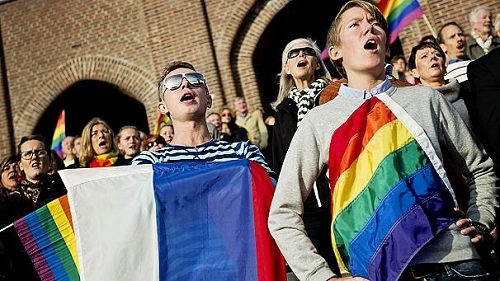
As the controversy unfolds, both X and Disney face critical decisions about their future strategies. For X, Musk’s personal involvement in content moderation raises questions about the platform’s long-term policies and its ability to maintain neutrality in cultural debates. Will Musk’s leadership continue to reflect his personal ideologies, or will the platform adopt a more inclusive approach to content management?
For Disney, the challenge lies in balancing its progressive values with the risk of alienating conservative audiences. The company’s response to this controversy could influence its reputation as a leader in promoting diversity and inclusivity.
One thing is certain: the debate over “woke” content in children’s programming is far from resolved. As more companies take stances on cultural issues, the divide between supporters of progressive social agendas and their critics will likely continue to widen, making it increasingly difficult to find common ground.
Final Thoughts
Elon Musk’s decision to block Disney’s Pride content on X is more than just a headline-grabbing move—it’s a microcosm of the larger cultural battles playing out across the globe. Whether viewed as a bold stand against political overreach or as an act of censorship that undermines inclusivity, the move underscores the power that tech leaders and corporations hold in shaping societal narratives.
As the debate rages on, the voices of those impacted—be it LGBTQ+ individuals, parents concerned about content, or everyday consumers—will play a crucial role in determining how this chapter unfolds. Ultimately, the outcome could redefine the relationship between media, technology, and social progress for years to come.
